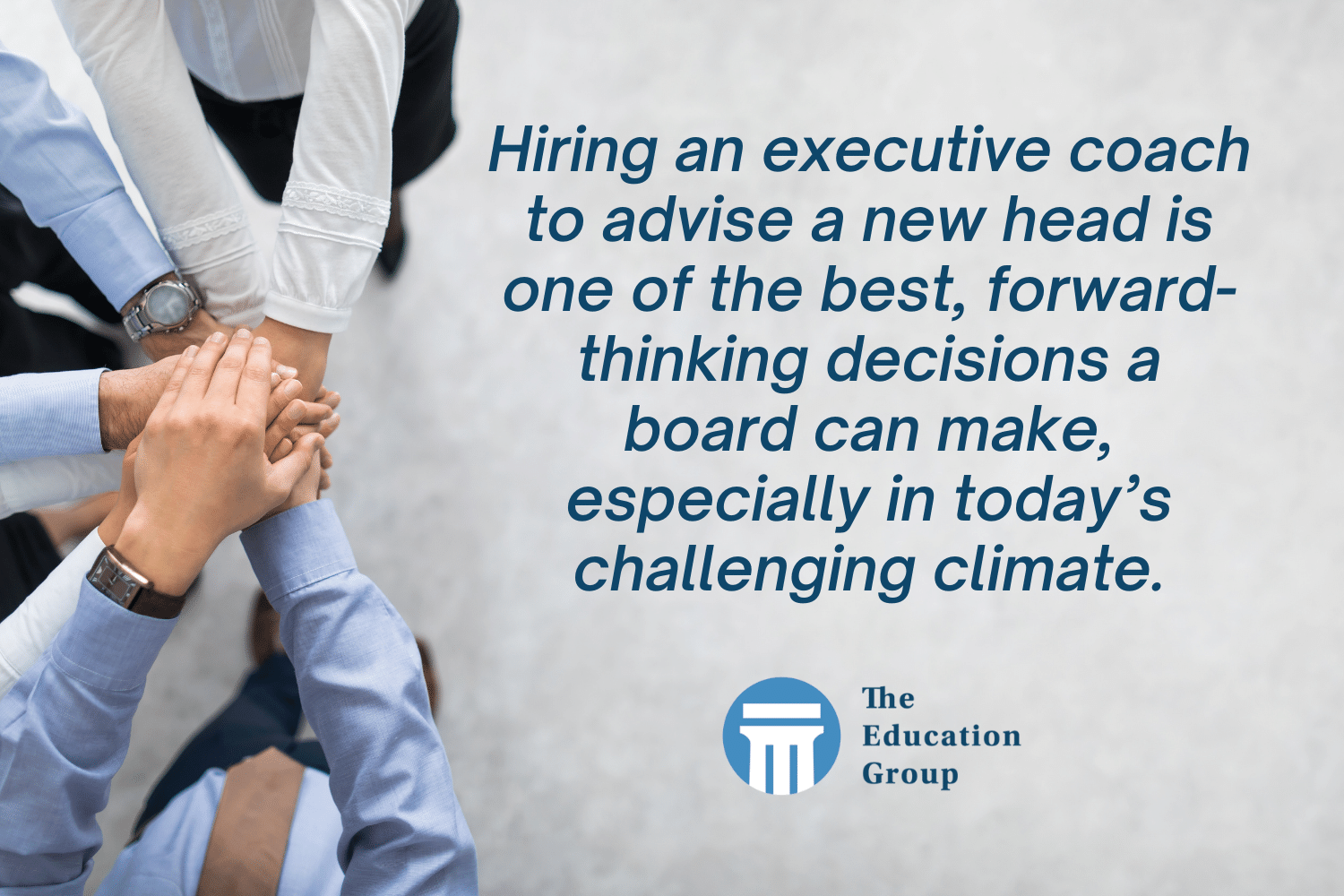by David Dougherty
Director, Executive Coaching Program
Leadership transition at independent schools is both art and science, systematic and organic. When a board of trustees approaches a newly appointed head of school’s first 18 months with the same strategy and purpose as it did for the search process, the head and the school are positioned for success.
Many search committees assume that their work is done once they announce a new, permanent head of school. Committees spend up to two years recruiting, selecting, and hiring a talented, experienced educational leader. The next step, they believe, is to get out of the way and allow the new head to lead. Not so fast!
Hiring an executive coach – an experienced former head of school with deep knowledge and experience – to advise a new head is one of the best, forward-thinking decisions a board can make, especially in today’s challenging climate.
New heads face new responsibilities as the school’s educational and moral leader, guardian of the school’s mission, chief problem-solver, business leader, and fundraiser. And as every school leader has learned in the pandemic, good crisis management is essential to forging a trusting relationship with all the school’s many constituencies. Everyone at the school wants the new head to succeed, and hiring an executive coach is designed to do just that.
How does an executive coach help a new head?
Every new head is expected to hit the ground running and function immediately at a very high level. It is an inspiring but daunting task. Having an experienced head who has seen and done it all can help.
An executive coach has no agenda except the success of the new head. The executive coach serves as advisor, coach, sounding board to help the new head navigate the challenges of leadership transition and change.
Former heads of school – many of whom have served as interim heads as well – can anticipate key events and issues in a head’s first year. They know the flashpoints and have seen everything -- at least once, usually more. There are, of course, several key leaders that the school will tap to assist with leadership transition, from the board, members of the search committee, key faculty and parents, and the new head’s leadership team. But a seasoned executive coach can best address the unique needs of the head and the school.
Our experience is that new heads are very much open to working with an executive coach but may not know to ask. Read an open letter from a new head and his board chair.
How does The Education Group’s Executive Coaching Program work?
Our team of former heads lead our Executive Coaching Program, drawing on sound coaching practices as well as years of practical experience to provide regular consultation and 24/7 availability. We set up regular and ad hoc coaching sessions throughout a head’s first year and up to 18 months. In several cases, we have worked with a new head through the second and third year.
Far from a cookie-cutter approach, our Executive Coaching Program adapts to the unique needs of each new head and the school. Our team of 12 coaches are recently retired heads who have studied the role of the contemporary school head, know the expectations of search committees and boards, and understand, like no one else can, the needs and challenges of a new head.
What’s at the core of the TEG coaching relationship?
The foundation of the coaching relationship is trust and candor. Often, the executive coach is the sounding board that the new head truly needs. We anticipate the major events or flash points of the first year and help the new head make the most of his/her school’s traditions and opportunities.
Our coaches understand – and have lived and led – NAIS’s principles of good practice for being an effective head of school. We highlight these best practices for addressing key issues, working with the board, fundraising, and the role of the spouse/partner at the school, and more.
We work to build a trusting relationship with the new head by becoming a valued advisor, confidante, friend, and mentor. The coaching curriculum we created when we founded our Executive Coaching Program in 2017 is flexible and addresses the unique needs of each head and school. Our coaches know independent schools inside and out and are good listeners and communicators with one goal: to help a new head to solve problems, not impose our solutions to them.
This commitment to collegiality extends to our team. We call on one another for advice and counsel to address confidentially the needs of our client schools. This is a unique feature of the TEG program – one that gives a new head access to the expertise and experience of 12 coaches.
When does coaching take place?
Our Executive Coaching program at The Education Group works with new heads, on average, for 18 months. Typically, the executive coach is contracted from the time of the new head’s appointment until the conclusion of the head’s first year.
Coaches and new heads meet regularly by email, phone, and video conferencing. Our coaches are available 24/7, and if necessary, will travel to the school for a personal visit. We understand that the life and leadership of a head of school hardly fits into the school day. The need for sage advice and practical problem-solving can occur at any hour.
How does a school choose an executive coach?
We provide a school with biographical information about our coaches and then encourage the new head to interview any of them and choose the one best suited to the head’s and school’s needs. Our fee structure is based on the size of the school’s operating budget, though the cost can be modified by the length of a coach’s engagement and scope of involvement with the head and school.
What’s the one relationship schools often overlook when appointing a new head?
Our executive coaches know that critical to the success and happiness of a new head is a clear understanding with the board about the role of the spouse/partner at the school, and so we include support and counsel for the spouse/partner in our program.
Historically, the new head's spouse/partner was seen as a two-for-one deal, yet the spouse was often taken for granted or overlooked. In decades past, when the head of school was a man, his spouse was expected to serve as campus hostess and matron of the school, unsalaried and often unappreciated. If she didn’t do those things, or if she worked outside of the home as a professional in her own right, it was deemed hurtful to the image of the head of school.
Obviously, thankfully, that is no longer the case. Female heads of school and more and more non-traditional partnerships create a more complex, but exciting scenario for schools today. Many spouses, highly trained professionals with exceptional skills and talents, want a role in the life of the school and expect to and should be paid for it.
When Kay Dougherty, a member of TEG Executive Coaching team, served at The Hill School with her husband David, then headmaster, she brought significant experience in school admissions. The Hill School appointed her as associate dean of admissions, enabling her to use her talents to further the school’s mission. Her coaching services help schools create a rewarding relationship with the heads’ spouse/partner, built on respect for all that he or she brings to the school.
Where have the TEG Executive Coaches served as heads of school?
Our team has led independent schools across the country, and many have served as interim heads as well. Others have directed national educational institutions. There is truly nothing that we haven’t seen or experienced.
James Byer, former head, The Hun School (NJ)
Dennis Campbell, former head, Woodberry Forest (VA)
Rev. Peter Cheney, former executive director, National Association of Episcopal Schools
John Cooper, former head, Texas Military Institute (TX)
Dave Davies, former head, Deerfield-Windsor (GA)
David Dougherty, former head, The Hill School (PA)
Kay Dougherty (Spouse), The Hill School (PA)
Laura Fuller, former head, St. Catherine’s School (VA) and University School of Milwaukee (WI)
Rosalind Hamar, former head, Marin Horizon School and Valley Montessori School (CA)
Bob Kirkpatrick, former head, St. Stephen’s (TX)
Harry McVay, Jr., former head, The Baldwin School (Puerto Rico), Good Hope School (St. Croix), The Cathedral School for Boys (CA), and St. Edmund’s Academy (PA)
Connect with David Dougherty, Director of the TEG Executive Coaching Program, to learn more about how executive coaching can help your permanent head and school. david@educationgroup.com
Check out David’s 10 Principles of Good Practice for Leadership Transition.
Read David’s insights into how executive coaching can drive success for a head and school..
At The Education Group, we are experts in leading and guiding schools through searches for interim heads and permanent heads. Our consultants have held positions both as heads of schools and as interim heads – and understand the nature and needs of both positions. We tailor our searches, executive coaching for new heads and board chairs, and consulting services to your school’s needs to promote a smooth and effective leadership transition. Learn more how we can help your school.

